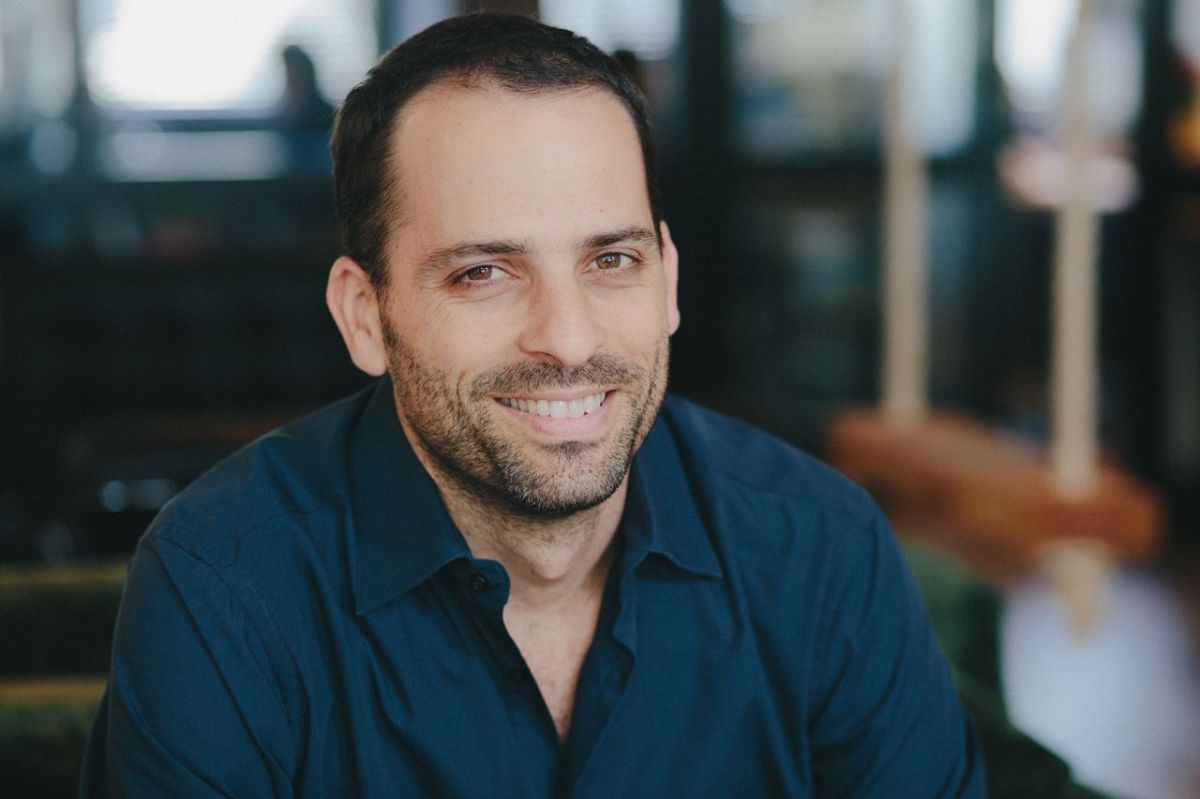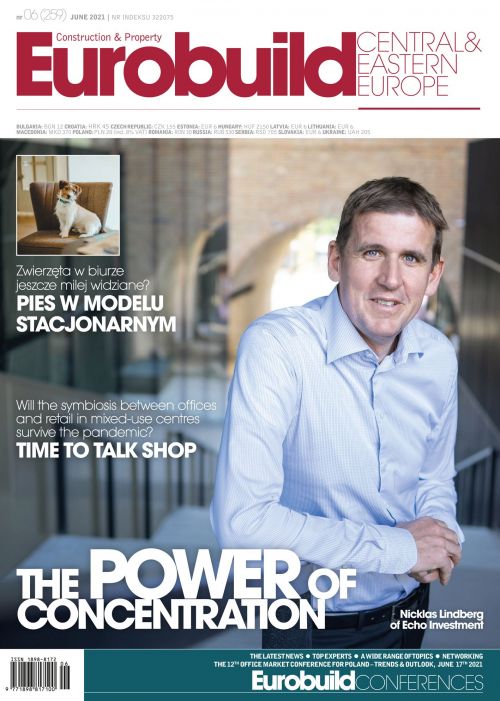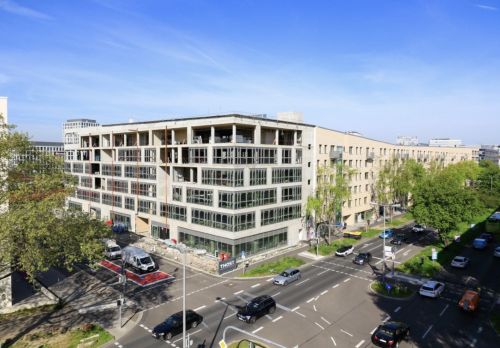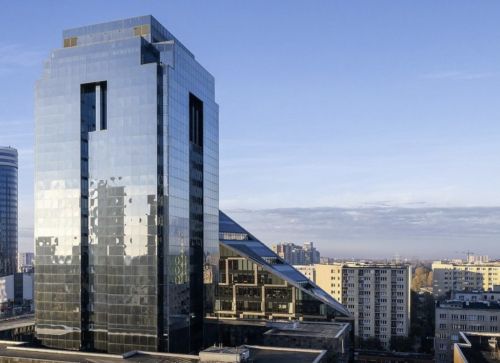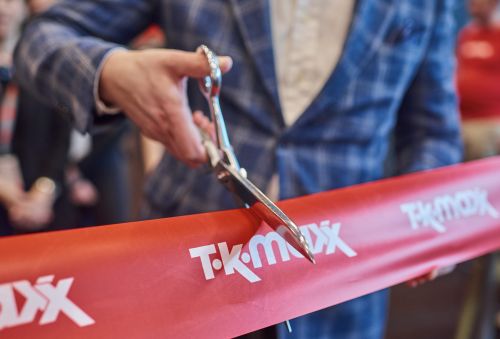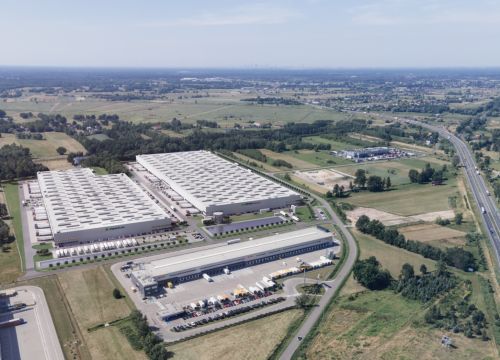How has Covid changed the market?
Yotam Alroy, the co-founder and CBO of Mindspace: Many companies don’t know what their plans are going forward. But from the conversations I have had, everyone is talking about having some sort of flex space in their strategy, whether it is 1 pct or 100 pct. The pandemic was very bad at the beginning for our sector, but now I think it presents the largest opportunity. Two or three years ago, CBRE and JLL published a paper saying that by 2030, 20 pct of office space would be flexible. Now they’re saying it is going to happen much faster. Companies know they need to change something, but they don’t quite know what the right solution is. Many people are looking for a hybrid solution. For some, this might mean one day working from home, two days from somewhere else, three days in-office. Another solution is to take all the space the company uses, but on flexible terms. If you want the fit-out budget from the landlord, you need to commit
